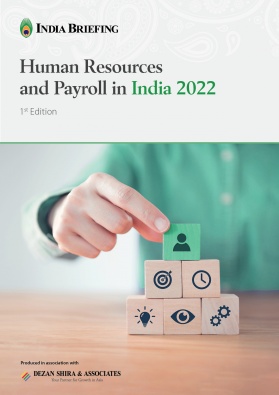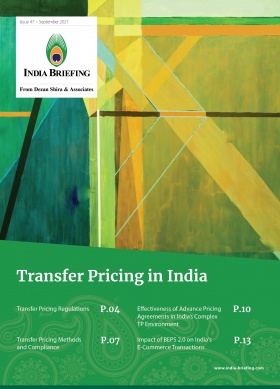Essential Personal Finance Compliance Checklist for India as March 31 Deadline Approaches
As the current financial year in India ends on March 31, individuals must prioritize their personal finance checklist and ensure the timely completion of all outstanding financial tasks. To help individuals stay on track, here is a list of essential items that require their attention before the end of this financial year.
Filing an updated ITR for FY 2019-20
The deadline to file an updated income tax return (ITR) for FY 2019–20 is March 31, 2023. The taxpayers who missed filing it for the said financial year or may have missed reporting any income can file an updated ITR (ITR-U).
The Finance Act of 2022 introduced the concept of updated returns to allow a longer period for an assessee to file the return of income. An updated return can be filed within 24 months from the end of the relevant assessment year (subject to certain conditions). Hence, if taxpayers missed filing it for FY 2019–20, they can do the same now until March 31 this year.
Tax-saving investments
The deadline for tax-saving investments for FY 2022–23 ends on March 31, 2023. Contributions to savings schemes like PPF, NPS, SSY, ELSS, and life insurance premiums must be made before the end of the financial year to avail tax benefits under the old tax regime. By taking advantage of tax-saving options available, individuals can save a significant amount of taxes, which in turn increases their disposable income.
Capital gains
Capital gains on equities in excess of INR 100,000 each financial year are taxable at 10 percent if held over one year (long-term capital gains). Hence, one can plan to redeem an investment in such a way that it crosses one year of holding and is redeemed before March 31 to avail the limit.
Nomination registration
The Securities and Exchange Board of India (SEBI) requires all mutual fund investors to complete the nomination process before March 31, failing which the folios will be treated as frozen and no transaction will be allowed.
Investing in Pradhan Mantri Vaya Vandana Yojana
The Pradhan Mantri Vaya Vandana Yojana is an insurance-cum-pension initiative that provides assured pensions to senior citizens in their retirement. This scheme is available for investments until March 31, 2023. Under this scheme, investors get a guaranteed pension at the rate of 7.4 percent for 10 years, which can be between INR 1,000 to INR 9,250 per month. The payment can be after a month, three months, six months, or after a year of investment.
PAN-Aadhaar linking
The deadline for linking Aadhaar with the Permanent Account Number (PAN) has once again been extended by the Central Board of Direct Taxes (CBDT) in India. The most updated deadline is June 30, 2023, extended from March 31, 2023.
If individuals fail to link the two before June 30, 2023, their PAN card will become inoperative. However, taxpayers who link their PAN-Aadhaar until June 30 can do so by paying a fine of INR 1,000.
The linking can be done on the National Securities Depository Limited (NSDL) portal by paying the amount under Challan No. ITNS 280 with Major head 0021 (income tax other than companies) and Minor head 500 (other receipts). It is important to note that while income tax returns can be filed without linking the two, the income tax department does not process the returns until PAN and Aadhaar are linked.
This article was first published on March 27, 2023 and last updated on March 28, 2023.
About Us
India Briefing is produced by Dezan Shira & Associates. The firm assists foreign investors throughout Asia from offices across the world, including in Delhi and Mumbai. Readers may write to india@dezshira.com for more support on doing business in in India.
We also maintain offices or have alliance partners assisting foreign investors in Indonesia, Singapore, Vietnam, Philippines, Malaysia, Thailand, Italy, Germany, and the United States, in addition to practices in Bangladesh and Russia.
- Previous Article SEBI Extends Deadline Until September 30 to Add Nominee to Demat Account
- Next Article Tamil Nadu’s New Logistics Policy Aligns with India’s Infrastructure Masterplan









